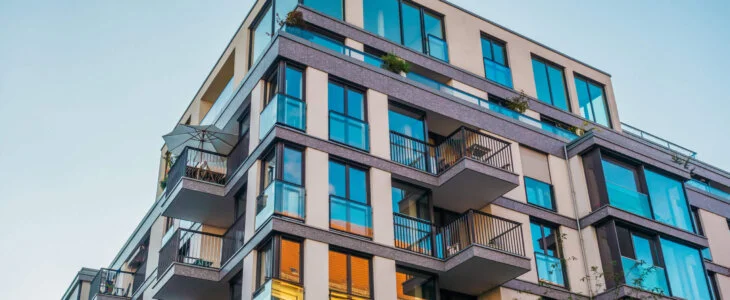When an injury occurs on someone else’s property, premises liability rules come into play. The ability to seek compensation for these injuries hinges on understanding the concept of premises liability and its essential components. California, in particular, has its unique premises liability elements that victims must demonstrate to establish a successful claim.
READ MORE: Debunking Common Misconceptions About California Property Laws
To provide a clearer perspective, let’s dissect the premises liability elements, highlighting each with real-world examples. This humanized approach offers a tangible understanding of how these components manifest in daily life, which is essential for property owners and those who frequent their premises.
In total, there are five premises liability elements:
1. Ownership/Control
The first of the premises liability elements revolve around ownership or control of the property. This means the person or entity you’re filing a claim against must either own, lease, occupy, or control the property where the injury occurred.
READ MORE: Where To Buy Renters Insurance
For example, consider a situation where someone trips over a poorly maintained stairwell in an apartment complex and breaks their arm. In this case, the property manager or the apartment complex owner may be responsible since they control the property.
2. Negligence
Negligence, the second element in premises liability, implies that the property owner failed to use reasonable care to maintain the property. Let’s say you get home early one day and visit a local grocery store. There, you slipped on a spilled liquid that the store’s staff ignored and fell, leading to a severe back injury. In this scenario, the store may be deemed negligent for not maintaining safe premises for their customers.
A woman in Texas won over $1 million for a similar situation. In 2022, 70-year-old Cheryl Huelsman slipped at a Brookshire Brothers grocery store while shopping for ice cream. It turns out the store had issues maintaining their leaky freezers in the past, and a jury decided fault was on the store for that oversight.
3. Hazardous Condition
A hazardous condition refers to any situation on the property that creates an unreasonable risk of harm, making it the third premises liability element. Hazardous conditions apply to commercial, rental, residential, and corporate properties.
Imagine a situation where a mail courier is delivering a package to a residential home. A loose, wobbly railing on the front steps causes them to lose balance and fall, resulting in a sprained ankle. The wobbly railing constitutes a hazardous condition.
4. Knowledge
The fourth premises liability element relates to knowledge. The property owner must have known or should have known, about the hazardous condition. Past incidents on the property matter in court when trying to place blame on the responsible party.
Take the example of a person who visits their favorite coffee shop. You can trip over a torn carpet, a flaw that has been there for months and was known to the shop owner but ignored. The owner’s knowledge of the dangerous condition and failure to fix it establishes this element.
5. Causation
Causation, the final premises liability element, requires that the defendant’s negligence was a substantial factor in causing the plaintiff’s harm. Consider someone who suffers a severe head injury at a concert venue due to inadequate lighting. If they can prove that the damage would not have occurred but for the venue’s negligence in providing adequate lighting, they can meet the causation element.
Final Thoughts
To recap, the journey through California’s premises liability elements shines a light on the intricate dynamics of personal injury law. Each piece is critical in navigating the legal landscape.
Having knowledgeable and experienced legal assistance is a massive advantage in these trying times. If you or someone you know is dealing with a premises liability case, do not hesitate to ask for professional help. The team at Deldar Legal specializes in personal injury cases and is well-versed in the nuances of California’s premises liability law.
We can provide valuable guidance and robust representation to uphold your rights. Don’t navigate this complex legal terrain alone, contact us at (844) 335-3271 for a consultation and take the first step towards securing the compensation you deserve!


